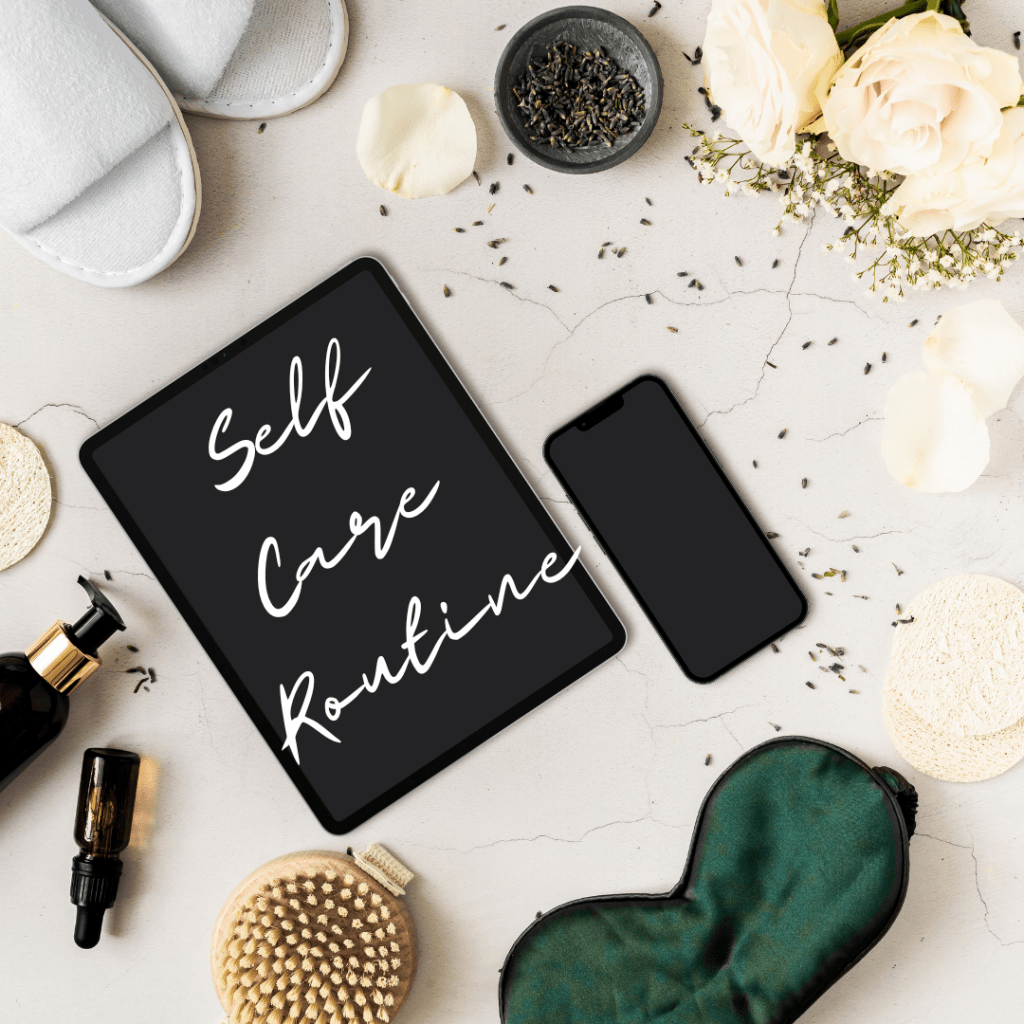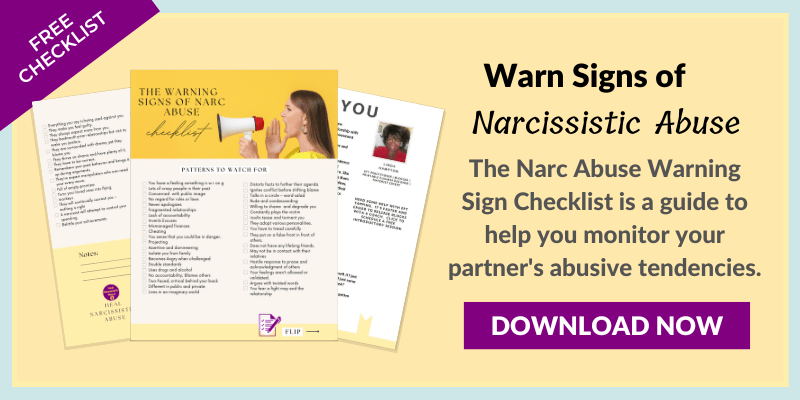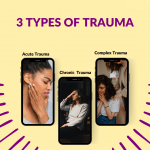 Self-care is an important part of getting over trauma. Whether it comes from a single event or a long period of stress, trauma can have a big effect on your mental and physical health. It can lead to anxiety, depression, and post-traumatic stress disorder (PTSD), among other things. Self-care should be a top priority in your daily life if you want to heal and recover from trauma.
Self-care is an important part of getting over trauma. Whether it comes from a single event or a long period of stress, trauma can have a big effect on your mental and physical health. It can lead to anxiety, depression, and post-traumatic stress disorder (PTSD), among other things. Self-care should be a top priority in your daily life if you want to heal and recover from trauma.
Self-care is any activity that you do on purpose to take care of your physical, mental, and emotional health. This can include things like going to the gym, eating well, getting enough sleep, and doing things that make you happy and calm down. Self-care for people who have been through trauma can also include things like therapy, writing in a journal, and meditating.
One of the most important parts of self-care for recovering from trauma is being able to control your emotions. You may feel out of control and emotionally drained. Meditation and yoga are self-care activities that can help you learn to control your emotions and deal with stress in a healthy way. Mindfulness practices can also help in this way because they teach you how to be in the present moment and not worry about the past or the future.
Taking care of your physical health is another important part of self-care for getting over trauma. Trauma can cause a wide range of physical symptoms, like headaches, tight muscles, and long-term pain. Getting regular exercise, eating well, and getting enough sleep can all help to ease these symptoms and improve your overall health. Self-care can also include going to the doctor for trauma-related physical symptoms and taking medications as prescribed.
Self-care is also important for you because it can help you feel safe and trust yourself and the world again. Trauma can make you feel unsafe and unable to trust, which can make it hard to make healthy relationships and do daily things. Self-care activities can help you feel safe and trusting again, and they can also help you feel more in charge of your life.
Self-care isn’t just something you do once; it’s a process that goes on all the time. Recovery from trauma is a long process, and self-care should be a part of every day. It’s important to find things that make you happy and calm down, and to make time for them every day. This can be done by doing things like reading, listening to music, or going outside.

Here are some self-care options that can assist in the recovery from trauma::
- Therapy: Talking to a therapist or counselor can help individuals process their trauma and learn coping mechanisms.
- Journaling: Writing down thoughts and feelings can be a helpful way to process emotions and gain insight.
- Meditation and yoga: These practices can help individuals learn to regulate their emotions and manage stress.
- Exercise: Regular physical activity can promote overall physical and mental well-being.
- Healthy eating: A balanced diet can help alleviate physical symptoms related to trauma and promote overall health.
- Getting enough sleep: Adequate sleep is essential for physical and mental health.
- Mindfulness practices: Mindfulness practices can help individuals learn to be present in the moment and not get caught up in the past or future.
- Seeking medical attention: Seeking medical attention for physical symptoms related to trauma and taking medication as prescribed can help to alleviate symptoms and promote overall health.
- Engaging in activities that bring joy and relaxation: Engaging in activities that bring joy and relaxation can help to rebuild a sense of safety and trust.
- Spending time in nature: spending time in nature can be relaxing and grounding.
- Reading, painting, drawing, playing music, dancing, or any other hobbies that you like
- Social Support: Surrounding oneself with supportive and caring people can help in coping with trauma and promoting self-care.
In conclusion, self-care is an important part of getting over trauma. It can help people control their feelings, take care of their bodies, and feel safe and trusting again. Recovery from trauma is a long process, and self-care should be a part of every day. People who have been through trauma should make self-care a priority in their daily lives and get professional help if they need it. Don’t forget that taking care of yourself is not a luxury, it’s a must.
Are you tired of feeling confused, hurt, and manipulated by the people in your life? Are you worried that you might be stuck in a toxic relationship with a narcissist?
If so, I have great news for you. I have created a free Narcissist Red Flag Checklist that will help you identify the warning signs of a narcissist and protect yourself from toxic behavior.
This checklist is based on years of research and experience and is designed to give you a clear and concise understanding of the warning signs of a narcissist. It covers everything from the classic red flags, such as grandiosity, lack of empathy, and manipulation, to more subtle signs that are often overlooked.
By downloading this checklist, you will be able to:
- Recognize the red flags of a narcissist in any relationship
- Protect yourself from toxic behavior
- Gain a deeper understanding of narcissistic personality disorder
- Learn how to set boundaries and take control of your life.
- Don’t let a narcissist control your life any longer. Download my free Narcissist Red Flag Checklist today and take the first step toward healing and empowerment.
By downloading this checklist you will have the tools to avoid getting into a relationship with a narcissist or to identify if you’re already in one. And if you are, you will have the knowledge to take the necessary steps to improve your situation.
It’s time to put an end to the confusion, hurt, and manipulation. Download my free Narcissist Red Flag Checklist now and start taking control of your life.






Leave a Reply